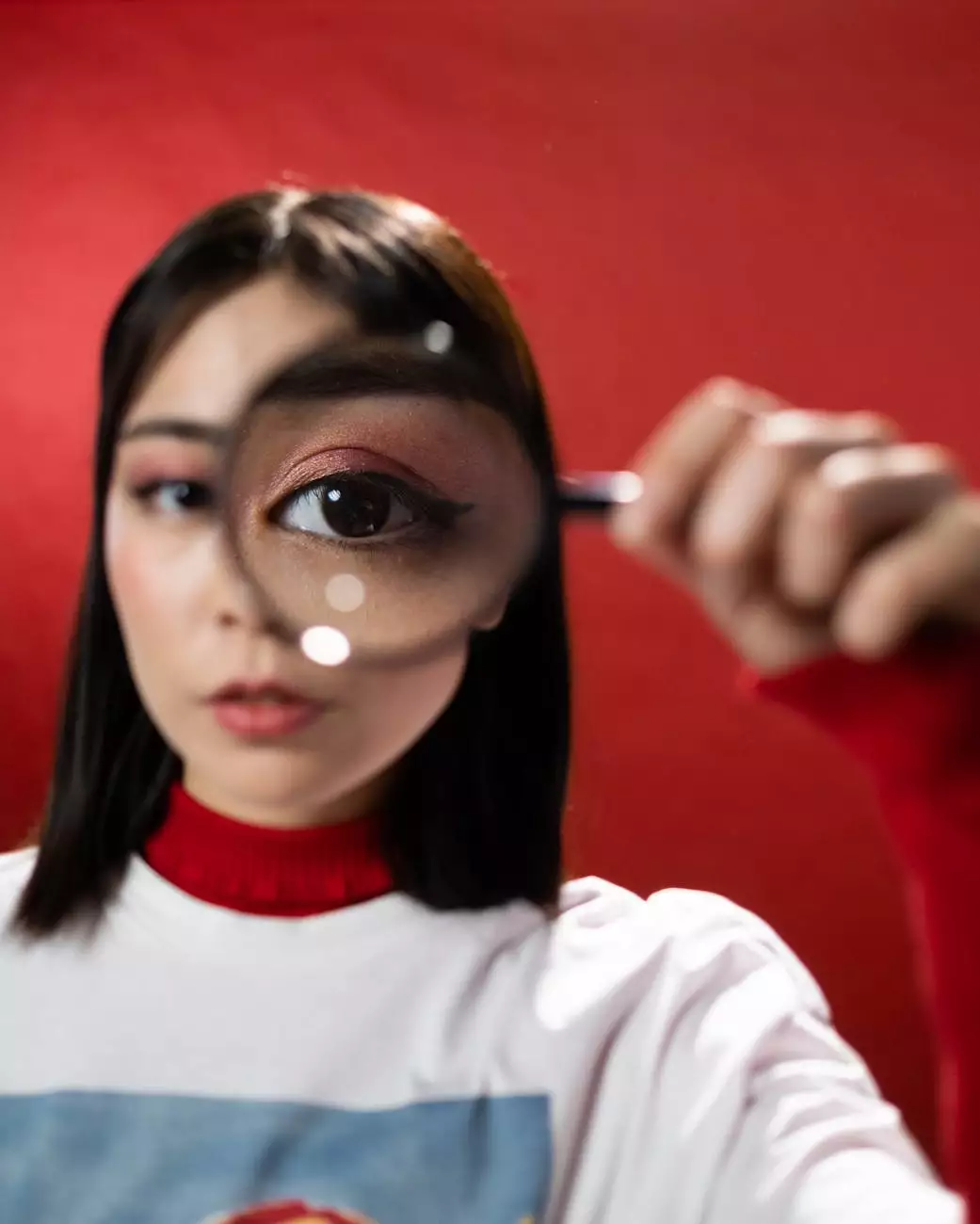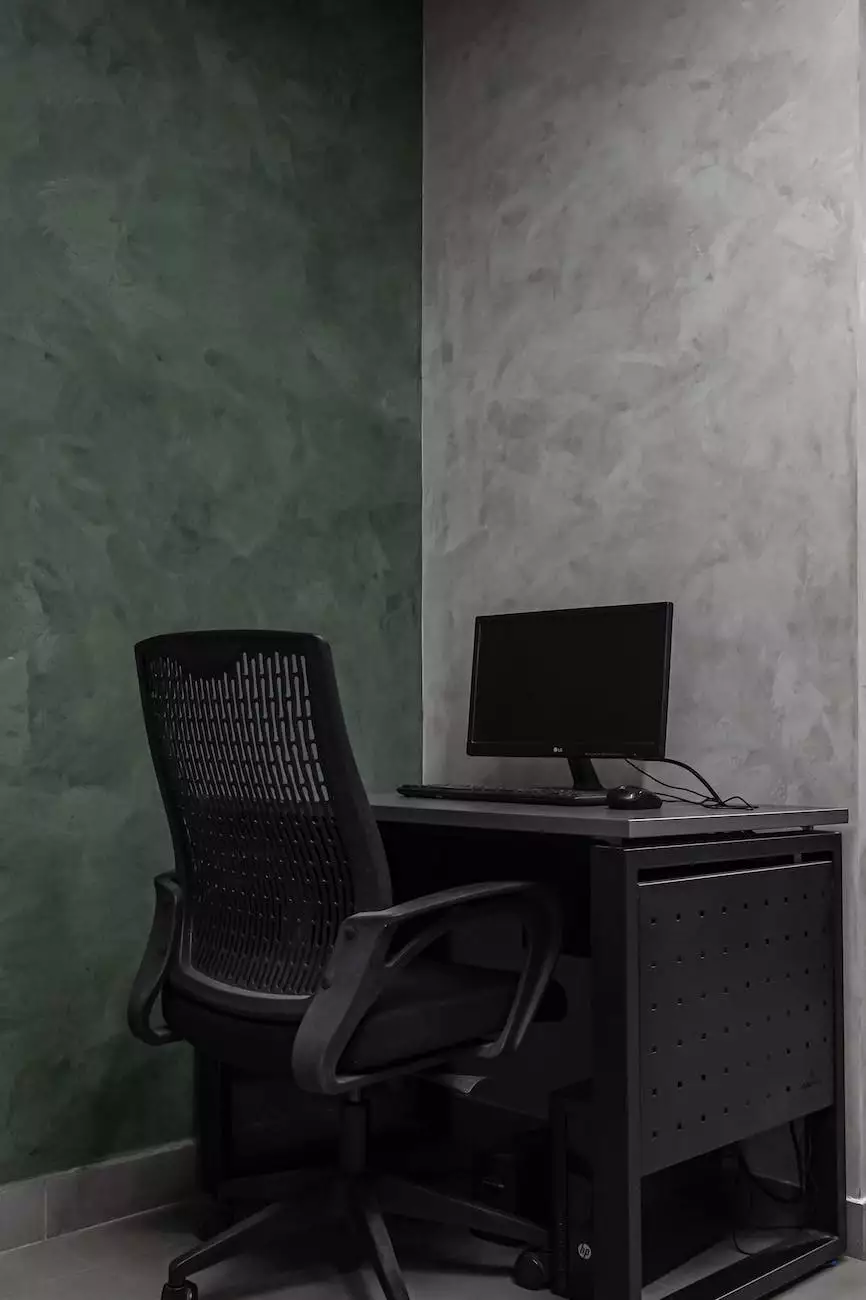Why does my eye glasses/contact lens prescription expire?
Eye Care
When it comes to eye care, one aspect that often causes confusion is the expiration of eye glasses and contact lens prescriptions. Many individuals wonder why their prescriptions have a limited validity and what factors contribute to this expiration. In this comprehensive guide, we aim to explain the reasons behind prescription expiration and provide you with a deeper understanding of the topic.
The Importance of Accurate Prescriptions
Before delving into the expiration of eye glasses and contact lens prescriptions, it is essential to understand why accurate prescriptions are crucial for optimal eye health and vision correction. An accurate prescription ensures that your lenses provide the right amount of correction, leading to clear vision and reduced strain on your eyes. Wearing outdated or incorrect prescriptions can potentially harm your eyes and negatively impact your overall visual comfort.
Factors Influencing Prescription Expiration
Prescription expiration is mainly influenced by several factors, including:
1. Changes in Vision
Your vision is not static and may change over time. Eye conditions like nearsightedness, farsightedness, and astigmatism can progress or stabilize. Therefore, regular eye exams are necessary to determine if your prescription needs updating.
2. Health Conditions
Various health conditions, such as diabetes or hypertension, can affect your eyes and impact your prescription needs. Regular check-ups with an eye care professional will help monitor any changes resulting from these health conditions.
3. Age-related Vision Changes
As individuals age, their vision naturally changes. Conditions such as presbyopia, which affects near vision, commonly occur in middle-aged and older individuals. Regular eye exams help detect and address these age-related changes in vision.
4. Lens Material and Design
Advancements in lens materials and design occur over time, providing individuals with better visual outcomes. Upgrading your lenses allows you to take advantage of these advancements and improve your overall visual experience.
5. Prescription Accuracy Verification
Prescription expiration acts as a safety mechanism to ensure that your prescription remains accurate and suitable for your current vision needs. Regularly verifying the accuracy of your prescription reduces the risk of incorrect vision correction.
Frequency of Eye Exams
To maintain optimal eye health and ensure accurate prescriptions, it is recommended that individuals undergo comprehensive eye exams on a regular basis. The frequency of eye exams may vary depending on your age, existing eye conditions, and overall health. As a general guideline:
- Children should have their first eye exam at around 6 months of age, followed by additional exams at age 3 and before starting first grade. Regular exams every 1-2 years are recommended during school years.
- Adults between the ages of 18 and 60 without any known eye conditions or risk factors should have routine eye exams every 2 years.
- Individuals over the age of 60 or those with existing eye conditions should have annual eye exams or as recommended by their eye care professional.
Trust David J Scholten, OD, PC for Your Eye Care Needs
At David J Scholten, OD, PC, we prioritize the well-being of your eyes and offer comprehensive eye care services. Our experienced optometrists and dedicated team are here to ensure that you receive accurate prescriptions and personalized care throughout your eye care journey. Whether you require eye exams, contact lens fittings, or eyeglass prescriptions, we are committed to providing the highest quality of care.
Book your appointment with David J Scholten, OD, PC today and experience the difference that our expertise can make in your vision and eye health.




